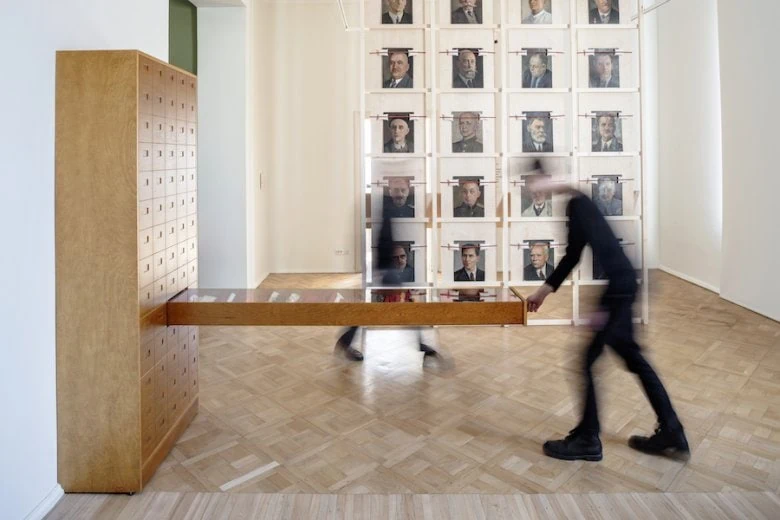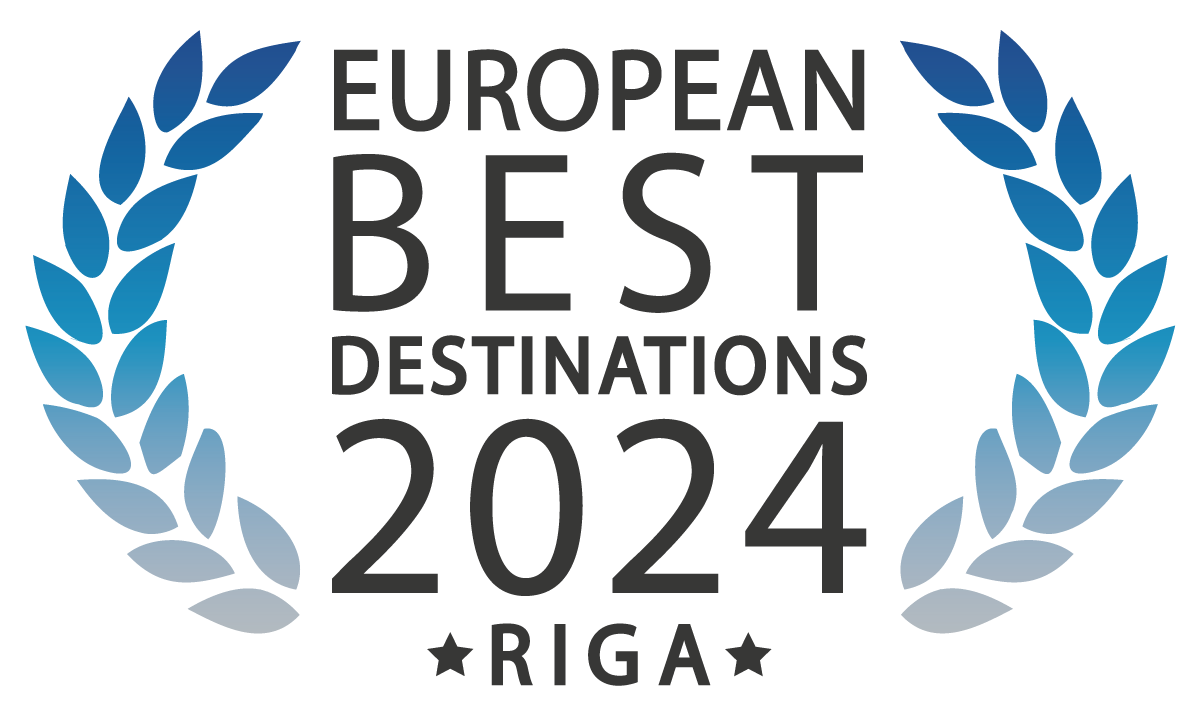
Exhibition is the result of the browsing and re-examination of the historical evidence stored away in the museum’s depository, thus talking about the artefacts that started to fade and disintegrate just like memories. The chosen subject deals with generational change in Latvian museums. It is based on an assumption that history museums founded during the Soviet occupation suffer from post-traumatic disorders of memory function or perhaps were created to serve another purpose altogether – remembrance as an ideologized form of honouring.
The requiem-esque story about life after death is narrated in the exhibition by various utilitarian objects that have ended up at the museum by virtue of belonging to some deceased person or other that was deemed significant by the previous generations. Fountain pens that no longer write; a yellowed cigarette holder; spectacles in tattered leatherette cases. As museum exhibits, these mementos are tasked with a mission borrowed from religious practices – maintaining a link with the idea of immortality in a secular society.
The context of the war started by Russia in Ukraine is an essential background to this exhibition. Public calls for celebrating heroism currently co-exist with heated discussions about relocating monuments and burials and appeals for historical justice in the area of cultural legacy. Founded and developed during the first decades of the Soviet occupation, Medicine History Museum is a ‘war-time child’ by whose cradle stood a number of top echelon general-rank military physicians. They shared an alma mater with the founder of the museum Professor Pauls Stradiņš, the Military Medical Academy in St Petersburg. The characteristic features of the time when the museum was born – systemic violence; cultural paradigm shift; destitution; social insecurity – have left their impact on its institutional DNA. Conceived as part of the museum’s self-reinvention process, the exhibition hopes to transform it.
Through reconstruction of past memories erased by the post-traumatic stress disorder, the museum speaks not just of itself but rather of the healing of the society as a whole, urging to replace afterlife with regeneration.
